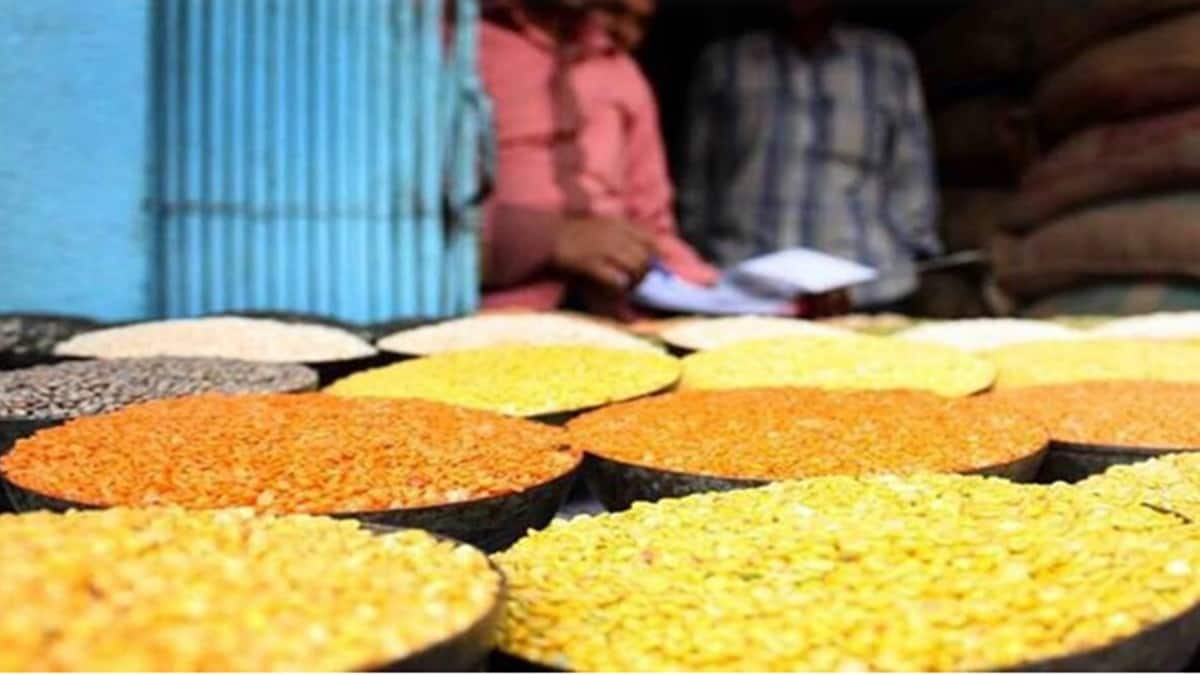
The National Agricultural Cooperative Marketing Federation of India (Nafed) has invited bids for selling surplus chana (gram) in the open market from the government’s pulses buffer stock.
Sources said that close to 0.5 million tonne (mt) of chana procured in the 2020-21 and 2021-22 seasons from the farmers will be sold to bulk buyers through an online bidding process.
“We are hoping to sell older stocks in the open market so that sufficient storage facilities would be available for the next season which begins in April 2023,” a Nafed official told FE.
Also read: Disclose tur dal stocks with traders: Centre to states
Due to a record chana production of 13.75 mt in the 2021-22 crop year (July-June), Nafed procured more than 2.5 mt of pulses variety in the 2022-23 (April-June) season under the agriculture ministry’s price support scheme (PSS), aimed at providing minimum support price (MSP) to farmers.
The federation undertakes procurement of oilseeds and pulses under PSS, if the market price of a commodity falls below the MSP.
Currently, mandi prices are ruling around Rs 4,200-4,600 a quintal against an MSP of Rs 5,230 a quintal for the 2022-23 season.
Sources said that the federation will be selling chana below the MSP under the open market sale. An official said that Nafed refrains from open market sale of pulses during the procurement season (around 3 months), which allows only around nine months to dispose of old stocks.

At present, against the government’s buffer stock norm of 2.3 mt, the federation has 3.57 mt of pulses. Of this, the chana stock is more than 3 mt.
However, in the case of other varieties of pulses, because of lower procurement, the government’s stocks are smaller — moong (0.31 mt), urad (0.01 mt), tur (0.12 mt) and masoor (0.06 mt) — at present.
Chana has a share of close to 50% in the country’s production of 27.69 mt in the 2021-22 crop year.
Sources said that keeping in consideration the quality aspect of the year-old crop and reducing the recurring expenses towards carry-forward stocks, the government was considering a proposal to offer chana to states at discounted prices for distribution under the various welfare schemes.
Stating that Nafed often offloads in the market at discounted prices and this leads to sharp decline in market prices of the commodity, the Commission for Agricultural Costs and Prices (CACP), in its report of price policy for rabi crops for marketing season 2022-23 has stated it was highly desirable to fix a reserve price that is linked to MSP, for disposal of stocks similar to wheat and rice, under the Open Market Sale Scheme being implemented by the Food Corporation of India.


